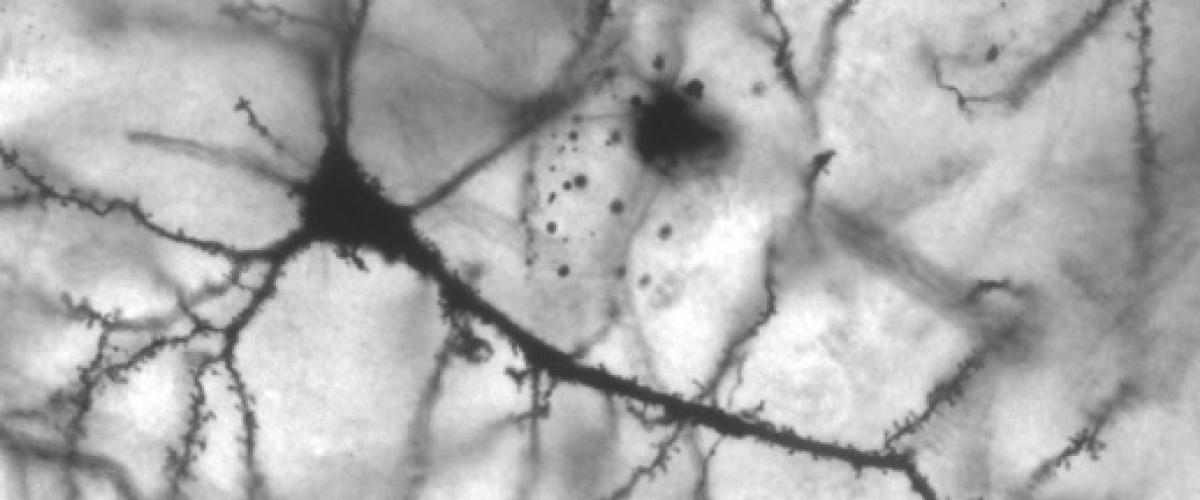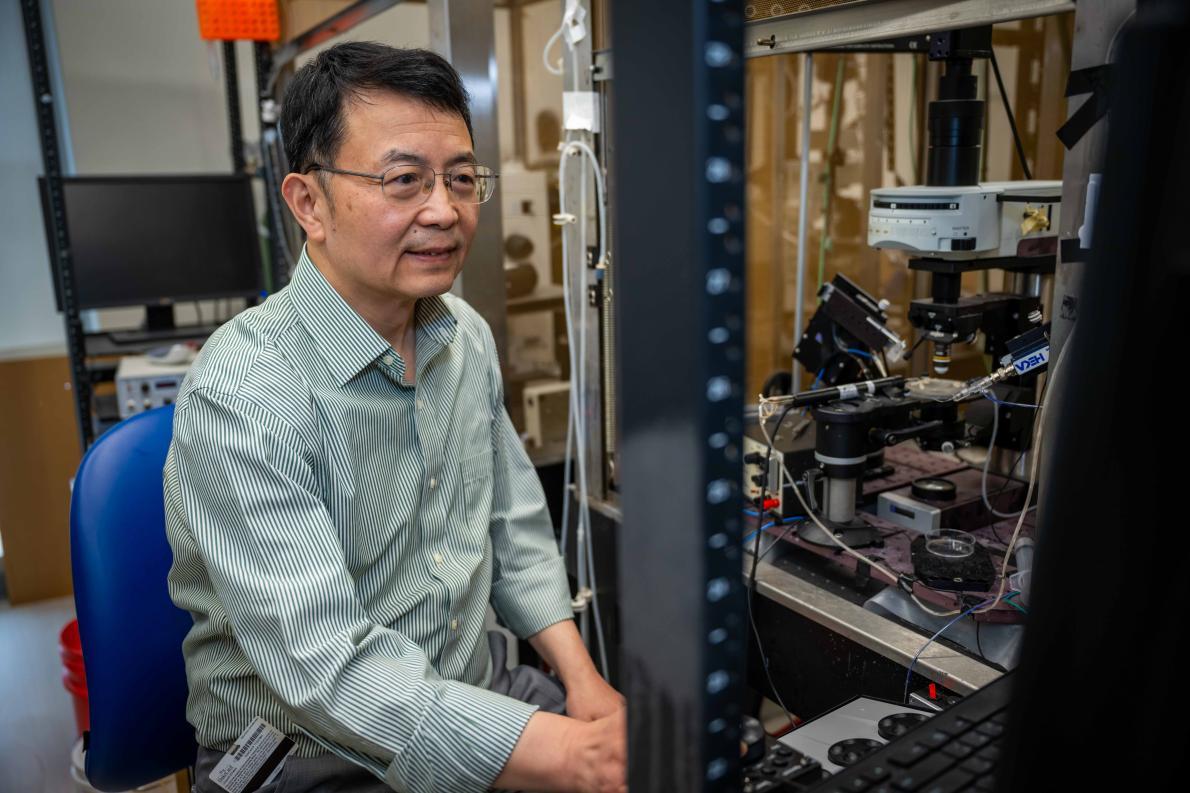
Acker Lab: Stress among older adults tied to worse surgery recovery
Stress before surgery may matter more than doctors once thought. A new Duke University School of Medicine study led by Neurobiology training faculty member Leah Acker finds that even modest stress can affect how older adults recover from surgery.
Campos Salazar Selected for NIH OSNAP Award
Fifth-year graduate student Brayan Campos Salazar (Bilbo Lab) has been selected as one of this year's recipients for the Outstanding Scholars in Neuroscience Award Program (OSNAP)
Anne West Receives Landis Award for Outstanding Mentorship
Anne E. West, MD, PhD, George Barth Geller Distinguished Professor of Neurobiology, has received the Landis Award for Outstanding Mentorship from the National Institute of Neurological Disorders and Stroke for dedication to superior mentorship and training in neuroscience research.
Velmeshev Wins NIDA Avenir Award
Neurobiology assistant professor Dmitry Velmeshev is one of four researchers nationwide to win a National Institute on Drug Abuse (NIDA) Avenir Award in Genetics and Epigenetics o
Fernando Featured in Duke Innovation & Entrepreneurship Article
Sixth-year graduate student Kayla Fernando (Hull Lab) is blending scientific research with entrepreneurial skills learned through the Duke Innovation & Entrepreneurship G
Reflecting on 14 Years of Leadership: An Interview with Steve Lisberger, Outgoing Chair of Duke Neurobiology
After 14 years of guiding Duke Neurobiology through growth, innovation, and change, Steve Lisberger is stepping down as chair. Today marks the transition to interim chair Staci Bilbo and the official end of his tenure as chair. Under his leadership, the department has expanded its research horizons, strengthened collaborations, and made significant contributions to the broader neurobiology community. We sat down with him to reflect on his tenure, the evolution of the field, and his hopes for the future.
Neurobiology's Ru-Rong Ji Again Ranks Among Duke's Most-Cited Scholars for the Eighth Straight Year
According to Clarivate’s
Acker Wins McKnight Brain Research Foundation Innovator Award
Congratulations to Neurobiology training faculty member Leah Acker who is one of two winners chosen to receive the Innovator Award in Cognitive Aging and Memory Loss from the









